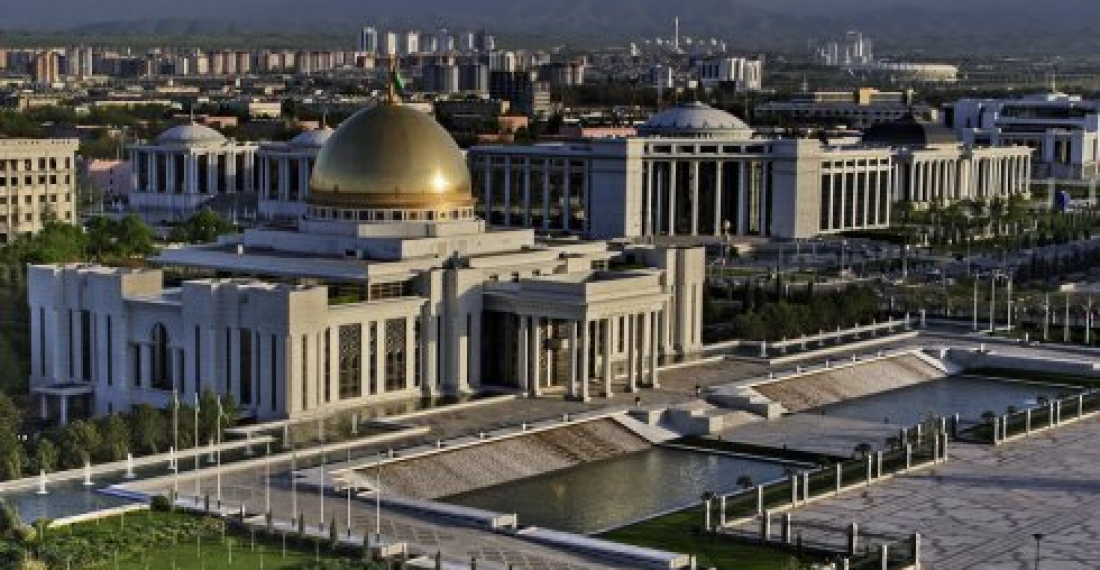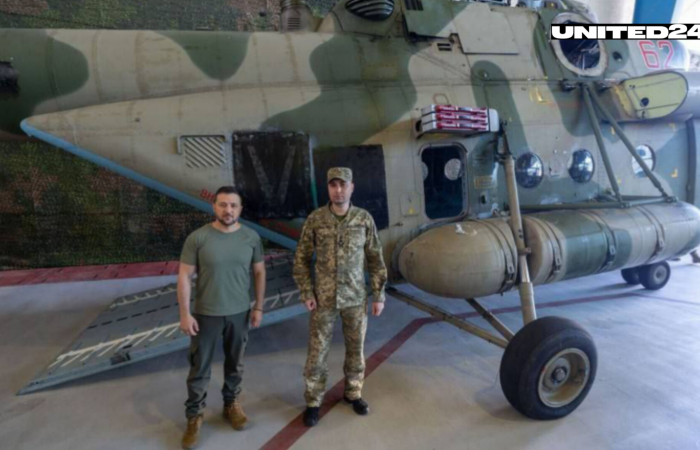Turkmenistan is committed to broad constructive co-operation in the Caspian Region in line with its status as a neutral country.
President Gurbanguly Berdimuhamedov stated this on Friday when chairing a meeting of the Cabinet of Ministers, which reviewed the work of the government in different spheres
The Turkmen President noted the importance of further consolidation of the efforts aimed at development of balanced solutions of the Caspian issues, including improvement of legal framework, which is needed to provide reliable foundation for development of mutually beneficial partnership in different spheres.
Other issues related to the Caspian Sea were also discussed in the meeting. The Cabinet noted that negotiations on the Draft Protocol on Cooperation in counter-action against Illegal Extraction of Biological Resources (poaching) in the Caspian Sea were held in Ashgabat on November 7 - 8 to agree practical implementation of the Agreement on Cooperation in Security. Currently, the Turkmen capital hosts the session of the experts of the five Caspian states which discusses the Draft Protocol on Cooperation in Navigation Security in the Caspian Sea.
The Cabinet of Ministers was also informed that talks on discussion of the Draft Agreement on Cooperation in Transport in the Caspian Sea were held on 15-16 November, as part of the preparations for the meeting of experts developing the Agreement on Trade and Economic Cooperation in the Caspian Sea.
Russia, Iran, Azerbaijan, Kazakhstan and Turkmenistan are currently involved in intensive negotiations on the issue of the legal status of the Caspian Sea and the delineation of economic zones.
source:commonspace.eu
photo: Ashgabat (archive picture).






